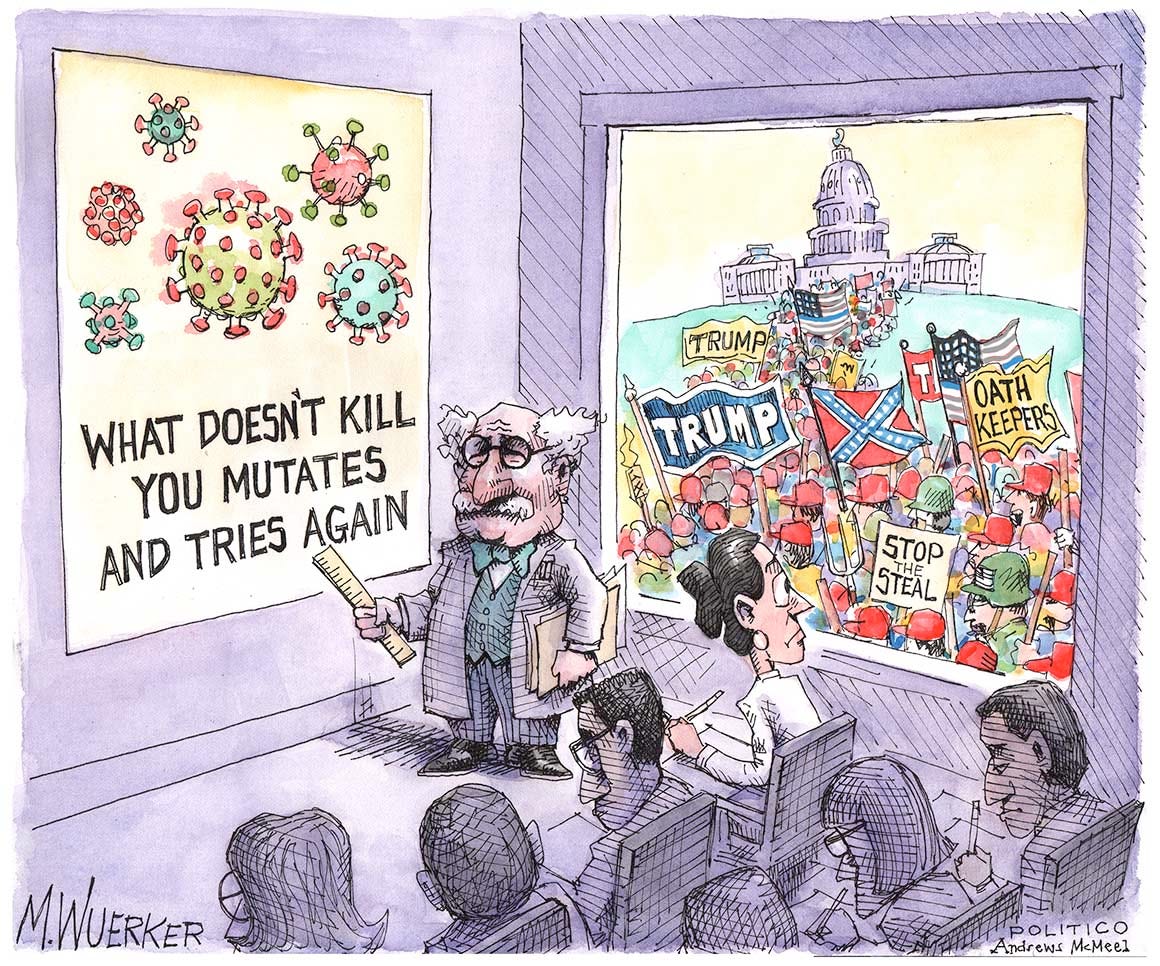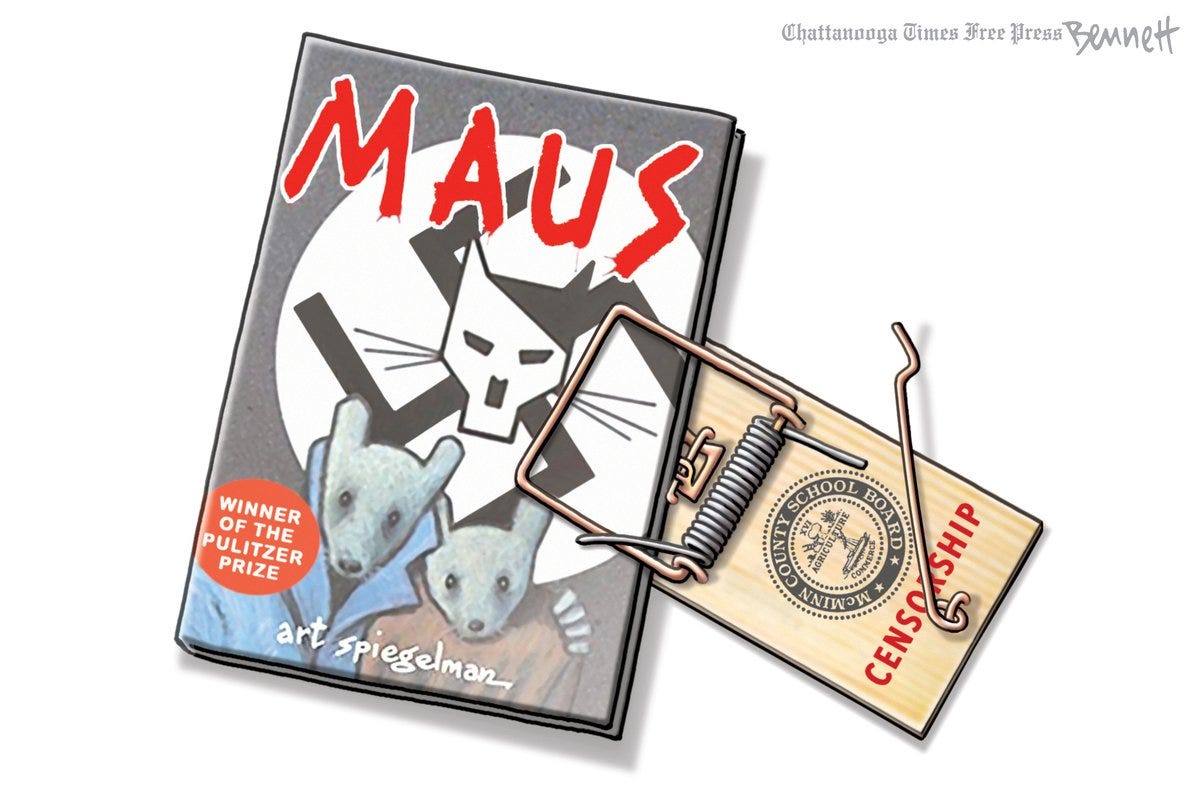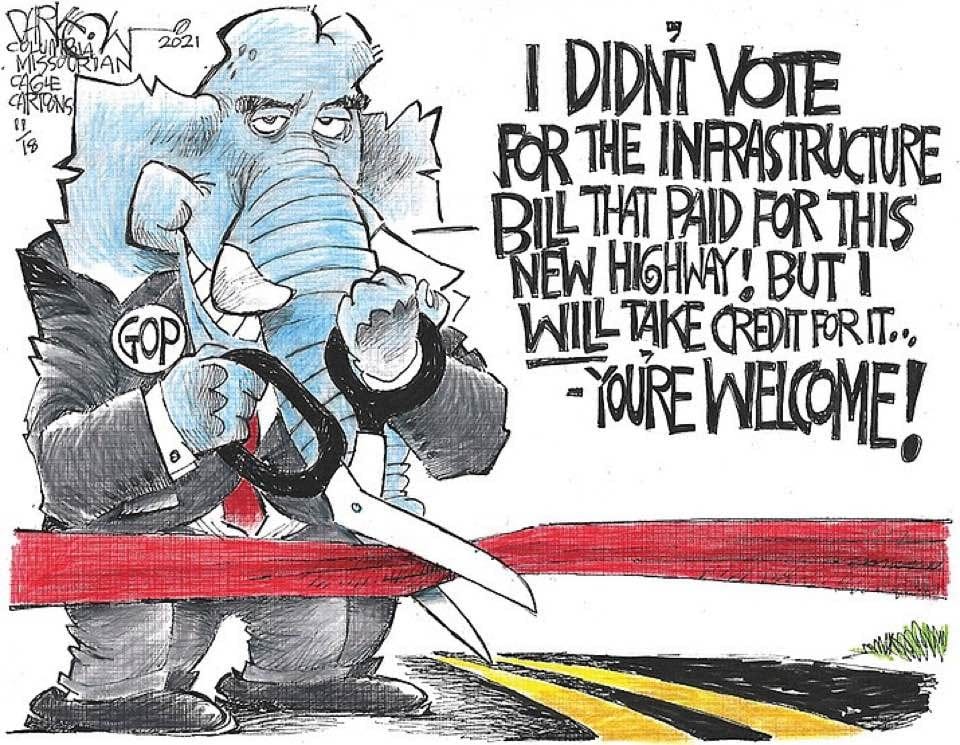Sunday Bloody Sunday
Marking the 50th anniversary of the massacre in Ireland, with U2, Lennon, McCartney, The Pogues and Paul Greengrass.
On this date in 1972, British troops gunned down 13 Catholics in Derry, igniting protests and rounds of backlash that would keep The Troubles boiling for years after. Shortly after that, we published a lengthy article with terrific photos at Crawdaddy, but even the U2 hit a few years later did not cause me to probe deeper. Finally I became rather obsessed with this in 2002 with the release of the great Paul Greengrass movie Bloody Sunday. Kenneth Branagh’s recent film Belfast, of course, provides some background and atmosphere. So a few thoughts below. But first, the usual political cartoons. Then, if you haven’t, please subscribe, it’s still free.
I Can’t Believe the News Today
Okay, let’s begin with U2 live back when their song was still fresh.
Next, here is a link to a lengthy New York Times piece today, with numerous photos. It opens:
The events themselves took a matter of minutes to unfold in a paroxysm of one-sided gunfire that snuffed out more than a dozen lives, each one of them a new martyr in Northern Ireland’s somber annals of loss. But the effort to unravel what happened in those brief moments — to parse the antecedents and the outcomes, to trace the lines of command on the grisly day that became known as Bloody Sunday — devoured years of costly inquiry.
And when the questioning was done, the conclusion was drawn by some that the killings by British soldiers on Jan. 30, 1972, had earned a place alongside the Sharpeville shootings in South Africa in 1960 and the Tiananmen Square killings in Beijing in 1989 as exemplars of lethal violence in the name of a state, directed against those who sought to defy its writ.
And, below, a fine six-minute film with footage from that fatal Sunday.
I wrote the below at Huff Post in 2010 the day after the official, and sadly belated, British probe was released. “Soldier 027” still fascinates me.
After a twelve-year inquiry, the Lord Saville probe of the 1972 "Bloody Sunday" killings in Derry came to a climax yesterday afternoon (Irish time) with the release of his mammoth report. It found that the shooting of the thirteen civil rights marchers, many of them young people, was completely "unjustified," none of them were posing any threat to the paratroopers, and many, as long charged ("How long must we sing this song?"), were shot in the back or while crawling away injured.
Prime Minister David Cameron apologized.
After following the coverage via BBC and The Guardian, I can report it was truly an amazing day in Ireland, the public riveted by the Bloody Sunday report. While the report, to the surprise of many, found no true government cover-up and recommended no murder charges, the families of victims may push for the latter. They expressed profound relief and sense of delayed justice in emotional speeches outside the Guild Hall in Derry shortly after the report's release, especially with the conclusion that all of the victims were indeed "innocent."
It also found that many of the soldiers lied in their testimony.
Final two sentences of report summary: "What happened on Bloody Sunday strengthened the Provisional IRA, increased nationalist resentment and hostility towards the army and exacerbated the violent conflict of the years that followed. Bloody Sunday was a tragedy for the bereaved and the wounded, and a catastrophe for the people of Northern Ireland."
As long alleged, Sinn Fein's Martin McGuinness was found to be carrying a machine gun that day--but there is no evidence that his actions provoked any of the killings.
I am wondering how the report treats the anonymous "Soldier 027" who became something of a whistleblower in the years that followed. His account was largely upheld by the Saville probe. The soldier has been in a witness protection program since his account came to light back in the 1990s.
Certainly I recommend highly the 2002 Paul Greengrass film Bloody Sunday, which anticipated these findings, and has a key character based on Soldier 027. A key adviser was Don Mullan, who wrote the best book on the subject, Eyewitness Bloody Sunday (which helped spark the Lord Saville probe) and became one of my long-distance friends after I wrote about the book and movie. The movie, in fact, ends with Bernadette Devlin turning to a camera at a 1972 press conference and vowing that the families would keep up the fight "until justice is done."
It took 38 years, but that day, more or less, arrived yesterday.
Here is the trailer for the Greengrass movie, an all-time great. The full film is up on YouTube.
Fun fact: When my 2016 book The Tunnels was sold to the movies, Greengrass—who I talked to during the bidding—was attached as director, which naturally pleased me. He has moved on but that movie still alive. (Right now, I am writing and directing my third film—on a “Bloody Sunday” in Chicago where ten labor activists were shot and killed by police.)
Next, two protest tunes from 1972, sparked by that day by a couple of guys you may know from some Brit group called The Beatles.
Then there’s “Streets of Sorrow” by the Pogues.






